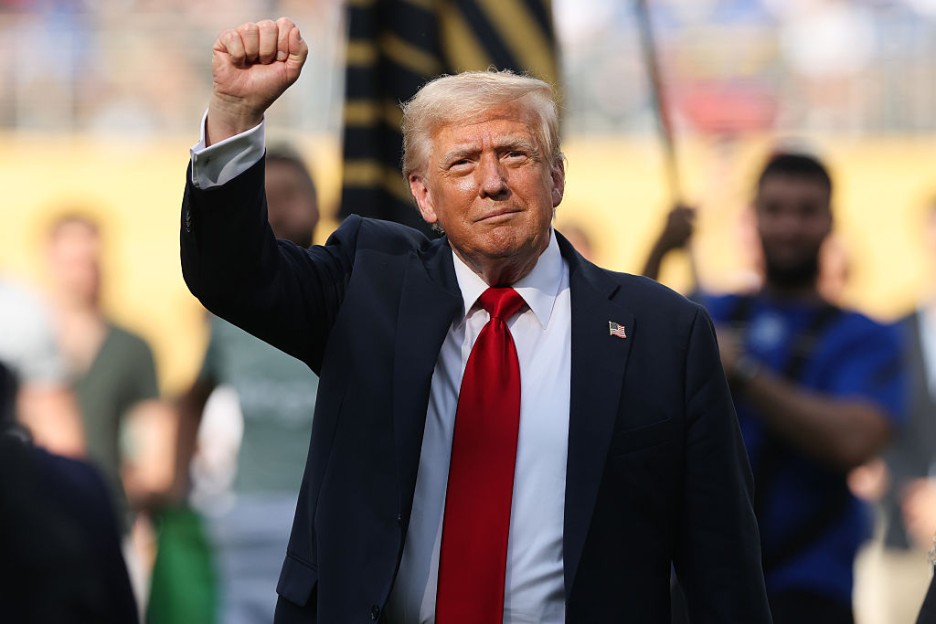CBS Under Fire After 'Disastrous' 60 Minutes' Interview With Trump— Critics Say It's a Setup

CBS drew sharp criticism Sunday after airing a sit-down interview between President Donald Trump and "60 Minutes" anchor Norah O'Donnell, with viewers and commentators accusing the network of heavy-handed editing and portraying the president in an unfair light.
Recorded Oct. 31 and broadcast Nov. 2, the CBS interview covered a range of topics, including China, Venezuela and immigration. It marked Trump's first appearance on the long-running news magazine in five years and came after a high-profile legal and financial dispute between Trump and CBS subsidiary Paramount.
Critics on social platforms said the broadcast was "too edited," "a disaster" and suggested it was orchestrated to make Trump look bad. "Why the hell did Trump go on 60 Minutes? They're doing everything they can to clip and edit and make him look bad," one post read. Others echoed the sentiment, arguing portions of the conversation had been selectively cut and arranged to emphasize missteps and contradictions.
CBS defended its journalism and said it stands by the reporting. In a brief statement, the network reiterated that interviews are edited to fit time constraints and to present a coherent narrative for viewers.
The timing of the interview and the renewed scrutiny come after a July settlement under which Paramount agreed to pay $16 million to resolve a lawsuit brought by Trump. The lawsuit, as per CNN, alleged that "60 Minutes" had deceptively edited an interview with then-Democratic presidential nominee Kamala Harris ahead of the 2024 election. Under the settlement, CBS agreed to release transcripts of future interviews with eligible U.S. presidential candidates after they air, subject to redactions for legal or national security reasons.
The lawsuit and settlement intensified debate over broadcast ethics and the role of editorial judgment in shaping political coverage. Media analysts said the Trump interview likely attracted particular attention because of that recent history and because viewers are more inclined to interpret edits through a partisan lens.
Defenders of the broadcast noted that hard questions about a sitting president are routine in mainstream journalism and that O'Donnell asked direct follow-ups on policy and past statements. They argued that the charge of deliberate bias often surfaces whenever coverage is unfavorable to one side.
The interview's release also follows corporate shifts at CBS News. After Paramount's acquisition by Skydance earlier in 2025, the company made changes to leadership and editorial oversight, moves that have fed concerns about influence over content.
As debate continued online, some viewers called for the network to release the full unedited footage, noting that transparency could defuse criticism. CBS has previously resisted publishing raw footage routinely, citing journalistic practice and legal considerations.
The network did not immediately respond to requests for the raw tape or for details about the interview's editorial process. White House press representatives also did not immediately comment beyond calling out "selective editing" in social posts.
The furor highlights ongoing tensions between news organizations' editorial judgments and public expectations for transparency in political coverage — a dynamic likely to stay front-and-center as media outlets navigate high-stakes interviews with national figures.
© 2026 Enstarz.com All rights reserved. Do not reproduce without permission.





